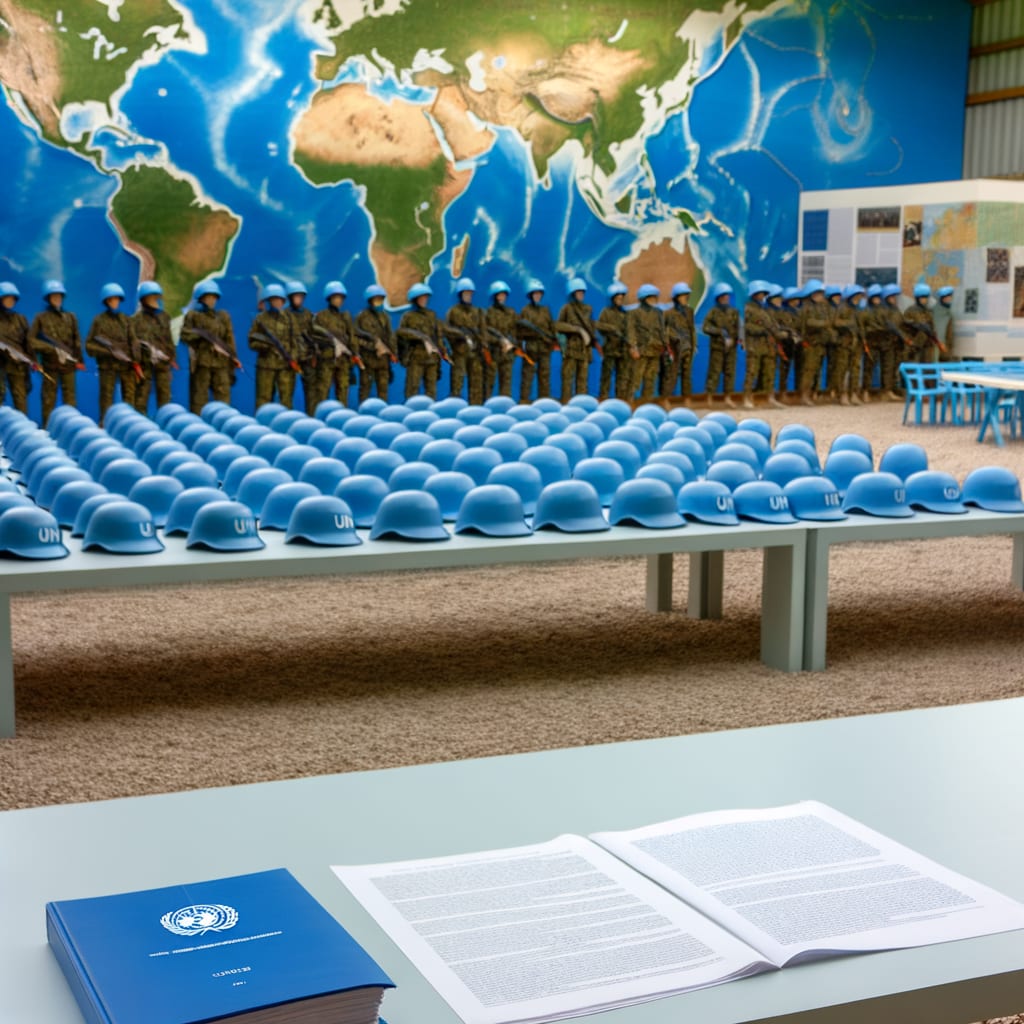Israel Offers Support to Lebanon for Disarming Hezbollah Amidst Regional Tensions
In a recent development, Israeli Prime Minister Benjamin Netanyahu has stated that Israel is ready to support Lebanon's efforts to disarm the Iran-backed group, Hezbollah. The statement comes as Lebanon faces increased pressure from the U.S. to disarm the group that recently engaged in a 14-month war with Israel, leaving it significantly weakened. However, Hezbollah and its key ally Iran staunchly reject these calls for disarmament, igniting further controversy and tension in the region.
Background and Context
Hezbollah, an Iran-backed group, has maintained a strong hold over Lebanon for decades, with critics arguing that it prevents the country from addressing other pressing issues such as corrupt governance, a collapsed central bank, and dysfunctional institutions. The U.S., under President Donald Trump, views this as a crucial opportunity to tame Iran's influence in Lebanon and aid the Lebanese people in reclaiming their sovereignty. The U.S. stance is clear that Lebanon cannot have two militaries, and Hezbollah's private army must be dissolved.
Key Developments
Israel's stance aligns with that of the U.S., with Netanyahu's office stating, Now is the time for both Israel and Lebanon to move forward in a spirit of cooperation, focusing on the shared objective of disarming Hezbollah and promoting the stability and prosperity of both nations.
Israel is even willing to consider a phased withdrawal of IDF troops from posts in Lebanon's south as a reciprocal measure. This comes after Beirut initiated plans to disarm Hezbollah.
However, Iran's IRGC General Iraj Masjedi categorically rejected the proposed disarmament plan, stating, Neither the people of Lebanon nor Hezbollah will ever agree to it, and it will never be implemented.
Hezbollah has protested the government's decision to disarm them, claiming it contradicts the supreme national interest, the National Accord Document (Ta'if Agreement), and the formula for coexistence.
Implications and Reactions
Hezbollah leader Sheikh Naim Qassem has repeatedly rejected calls for disarmament, insisting that Lebanon must first ensure Israel complies with a ceasefire agreement before national defense strategy talks can occur. Israel may occupy but we will confront it to prevent it from settling and achieving its goals, and this confrontation will continue,
said Qassem, adding that Hezbollah will not abandon weapons 'that protect us from our enemy'.
The escalating tension has cast a shadow over the future of UN peacekeepers in Lebanon, who have been operating since 1978 to maintain peace along one of the world’s most volatile borders. Their renewal is in question as Israeli airstrikes continue and critics argue that they delay the disarming of Hezbollah.
Current Status
The situation remains tense as Lebanon stands at a crossroads under the dual pressures of regional conflicts and internal strife. The disarmament of Hezbollah, while supported by Israel and the U.S., meets firm resistance from Hezbollah and Iran, further complicating the regional dynamics. The future of UN peacekeeping in Lebanon hangs in the balance as the international community debates the best path forward for stability and peace in the region.

